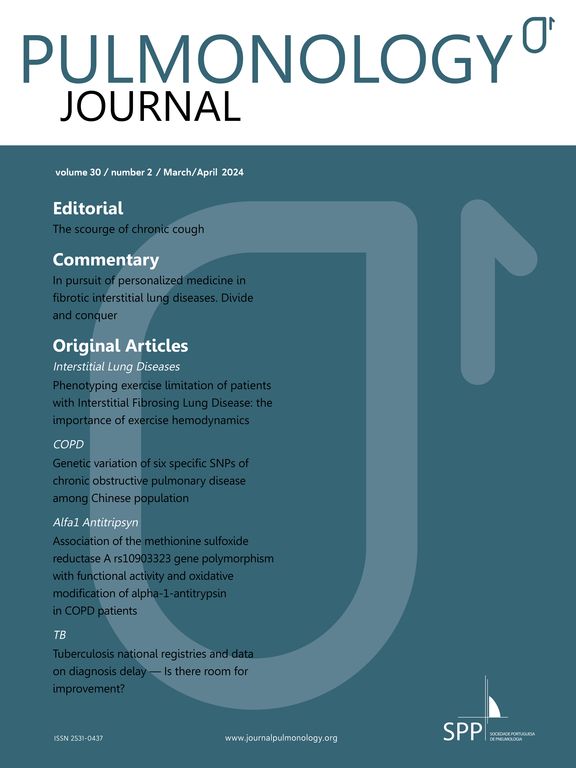O cancro do pulmão era uma doença pouco conhecida até meados do século XX, altura em que se tornou numa das mais importantes causas de morbilidade e na mais importante causa de mortalidade, por cancro, do mundo actual. Hoje em dia, estimase que no mundo um milhão de pessoas morrem por ano devido ao cancro do pulmão, ou seja, perdese uma vida a cada 30 segundos.
Sendo uma doença altamente incapacitante, a qualidade de vida destes doentes diminui de forma inevitável. São frequentes as readmissões no hospital devido ao aumento das incapacidades, a limitações da actividade, a restrições na participação e ao agravamento dos sintomas da doença que já não podem mais ser tratados em casa.
Pretendemos com este estudo avaliar as incapacidades físicas e cognitivas e as necessidades sociais dos doentes com cancro do pulmão internados no Serviço de Pneumologia do Hospital de S. João – Porto.
O nosso estudo foi efectuado com 68 doentes, sendo a maioria do sexo masculino, casados, com idade média de 63 anos, reformados, ex-fumadores. Estes encontravam-se maioritariamente dependentes, sendo a necessidade social mais frequente a atribuição do complemento por dependência.
Para estes doentes, a família desempenha um papel crucial, tanto para o tratamento como para o processo de aceitação da doença, que marca uma nova etapa nas suas vidas.
Compete aos assistentes sociais da Saúde desempenhar um papel de mediador entre os doentes e familiares e as várias instituições que poderão fornecer as respostas mais adequadas às necessidades sociais deste tipo de doentes.
Rev Port Pneumol 2005; XI (3): 283-305
Lung cancer was a rare disease until the middle of the XX century, a time when it became one of the most important causes of morbidity and mortality in the actual world. Nowadays, it is esteemed that one million people all over the world die every year due to lung cancer, which means that a life is lost each 30 seconds.
The quality of life of this patients decreases inevitably, being frequent hospital readmission due to the lack of conditions to lead a normal and painless life.
The aim of this study was to evaluate physical and cognitive incapacity and the social needs of patients with lung cancer in the outpatient department of Hospital de S. João – Porto.
Our study includes 68 patients, predominantly married male, with average age of 63, retired, ex-smokers. Moreover, they had high physical dependence degrees and the most frequent social need was the attribution of the “complemento por dependência”.
In this type of patients, the family has a very important role on which the treatment is concerned, as well as to the level of the personal adjustment of the patient to his disease.
It’s social worker’s job to play a mediating role between the patients and their relatives and the several institutions which can give better responses to the needs of this sort of patients.
Rev Port Pneumol 2005; XI (3): 283-305
Estudo realizado no Serviço de Pneumologia (internamento) do Hospital de S. João do Porto, no âmbito dum protocolo com o ISSSP/Study carried out in the in-patient Pulmonology Department at S. João Hospital, Oporto, Portugal under an agreement with the ISSSP
- Home
- All contents
- Publish your article
- About the journal
- Metrics
- Open access






